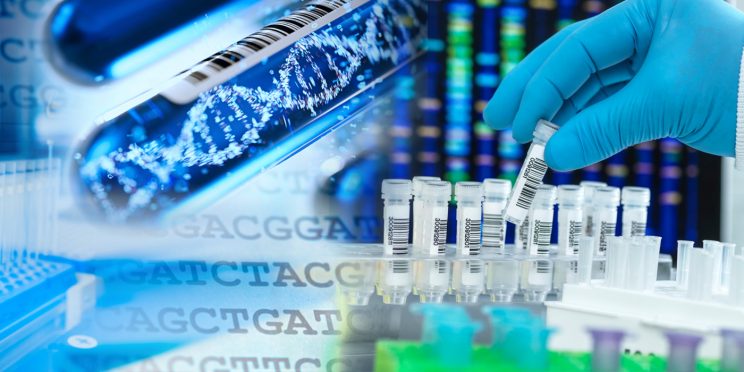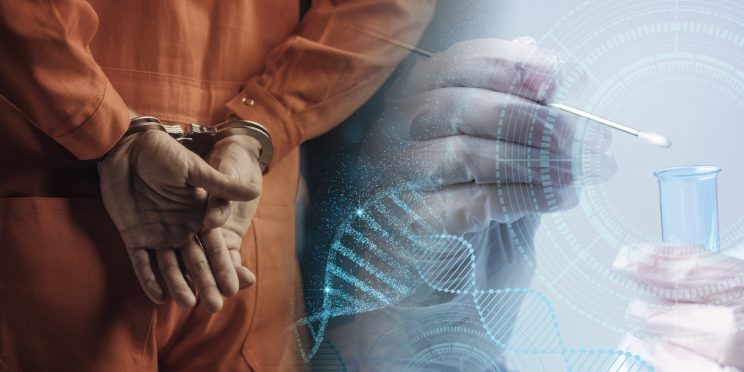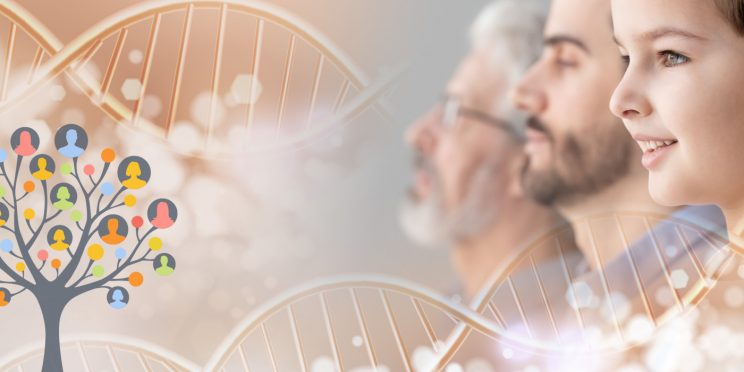Overview
Dr. Bruce Budowle of the University of North Texas Health Science Center, presented on the basics of microbial forensics, epidemiology and the goals of investigation pertaining to biological crimes and bioterrorism. Participants gained a better understanding of the history of microbial forensics and the role it plays in combating bioterrorism. The microbial world is vast and diverse. While some microorganisms are beneficial, there are others that cause disease and have been used as bioweapons to cause harm to people, animals, and plants, the effects of which may have a serious impact on our health, economy and general safety. Understanding basic microbiology, the indicators of development and use of bioweapons, and the associated risks for victims can be important for the forensic scientist who may be the first exposed to this type of crime scene evidence. Over the past few years there have been substantial technical and bioinformatic advances which enhance the capability to type microbial evidence as well as expand to the characterization of microbes and their products, therefore supporting a wider range of forensic investigations.
In this webinar series, Dr. Budowle will leverage his extensive research background and provide critical information which will be foundational to understanding the current application of microbial forensics to combating biological crimes. The final product from this webinar series will be a guidance document which may be used to inform forensic scientists and other stakeholders on the basics of Microbial Forensics in order to drive considerations and discussions pertaining to policy development addressing microbial forensic applications.
Funding for this Forensic Technology Center of Excellence event has been provided by the National Institute of Justice.
A certificate of completion is available for all who register and attend this webinar.
Presenter
- Dr. Bruce Budowle
Funding for this Forensic Technology Center of Excellence webinar has been provided by the National Institute of Justice, Office of Justice Programs, U.S. Department of Justice.
The opinions, findings, and conclusions or recommendations expressed in this webinar are those of the presenter(s) and do not necessarily reflect those of the U.S. Department of Justice.
Contact us at ForensicCOE@rti.org with any questions and subscribe to our newsletter for notifications.




